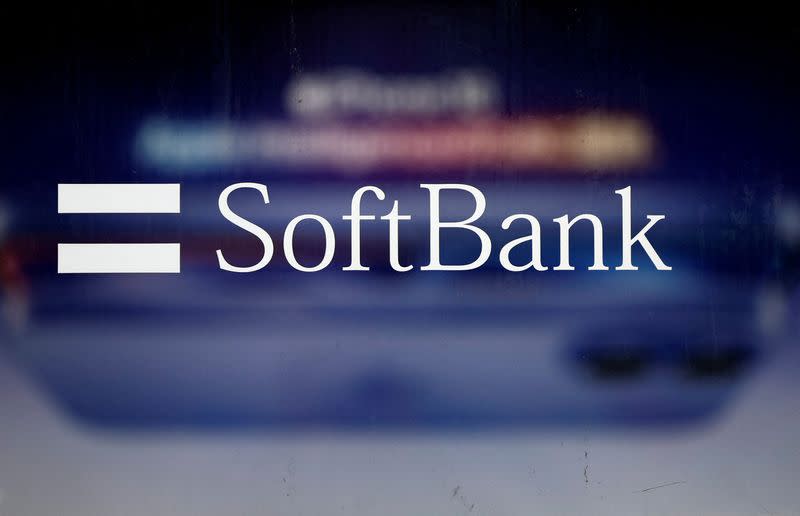Good: SoftBank Buys Foxconn’s Ohio Factory for the Stargate AI Project

- What it is
SoftBank has reportedly acquired Foxconn’s electric vehicle manufacturing plant in Lordstown, Ohio, with the intention of repurposing it for the Stargate AI project — a $500 billion super-infrastructure initiative backed by SoftBank, OpenAI, and Oracle. While details are still unconfirmed by the companies, Bloomberg sources suggest the facility will be adapted to manufacture AI servers or function as a major data center hub. The move follows Foxconn’s struggles to fully utilize the plant, originally intended for EV production, and signals a strategic pivot toward high-demand AI infrastructure. - What it will do
If converted as expected, the plant could become a cornerstone of U.S.-based AI compute capacity. The Stargateproject aims to drastically scale AI training infrastructure in America, reducing reliance on overseas manufacturing and securing domestic supply of AI hardware. This would align with U.S. government priorities for technology sovereignty, potentially unlocking subsidies and partnerships. The Ohio site, with its existing industrial footprint and workforce, offers a faster build-out than starting from scratch. - How you as an investor can benefit
This shift positions SoftBank to capture a central role in AI infrastructure — a market projected to grow at double-digit rates over the next decade. Public investors could look at SoftBank itself, Oracle (as a key Stargate partner), and hardware supply chain beneficiaries like chipmakers (Nvidia, AMD), networking providers, and cooling system manufacturers. Additionally, real estate investment in regions around the plant could see appreciation from job growth and infrastructure upgrades.
Bad: California Supreme Court Reconsiders Rooftop Solar Rate Hikes

What it is
California’s Supreme Court has sent back a 2022 Public Utilities Commission decision that sharply increased grid connection costs for rooftop solar customers. The legal question centers on whether regulators properly balanced the costs paid by non-solar customers with the benefits rooftop solar provides — such as reduced grid demand and emissions. The ruling does not yet overturn the rate hike but opens the door to its potential revision.
What it will do
A re-evaluation could restore more favorable economics for rooftop solar, making installations more attractive to homeowners and small businesses. This would counteract a recent slowdown in California’s residential solar adoption, which some installers blamed directly on the 2022 rate changes. The decision also sends a message to other states considering similar policy shifts — signaling that such rules could face legal challenge if they don’t fully weigh environmental and consumer benefits.
How you as an investor can benefit
If rates are eased, rooftop solar installation volumes in California — the largest solar market in the U.S. — could rebound strongly, boosting revenues for installers like Sunrun, SunPower, and Enphase Energy. Component suppliers in panels, inverters, and battery storage could also benefit. Clean energy ETFs with significant solar exposure may see upside if California policy once again drives national momentum.
Ugly: Dialog — Peter Thiel & Auren Hoffman’s Private Influence Network Plans D.C.-Area Campus

What it is
Dialog, a secretive, invitation-only gathering of political, tech, and business leaders founded two decades ago by Peter Thiel and Auren Hoffman, is reportedly securing property near Washington, D.C., for a permanent campus. The group — known for its device-free, off-the-record discussions — counts billionaires, policymakers, scientists, and cultural figures among its attendees. Events are designed to encourage frank, unfiltered exchanges away from media scrutiny.
What it will do
The new campus would formalize Dialog’s presence in the capital region, enabling more frequent and strategically timed convenings of high-influence players. Its proximity to D.C. positions it to shape political and policy discourse more directly, potentially influencing legislative agendas, funding priorities, and innovation strategies. While closed to the public, such environments can be where business alliances are struck and policy directions are seeded.
How you as an investor can benefit
There’s no direct equity play here, but indirect opportunities exist. Being connected — either personally or via portfolio companies — to networks like Dialog can yield access to early intelligence on regulatory changes, emerging tech investments, and high-value partnerships. For venture capitalists, private equity investors, or politically active investors, proximity to such circles can translate into asymmetric information advantages.





